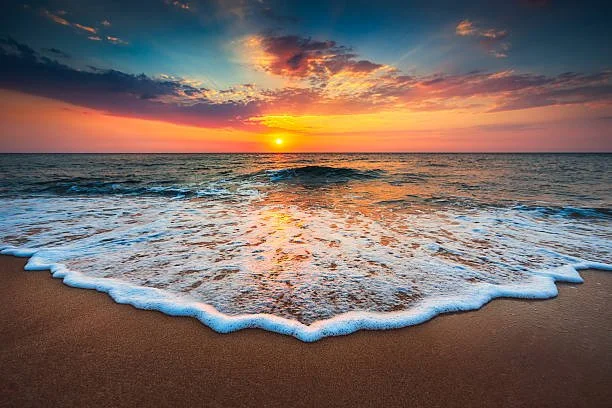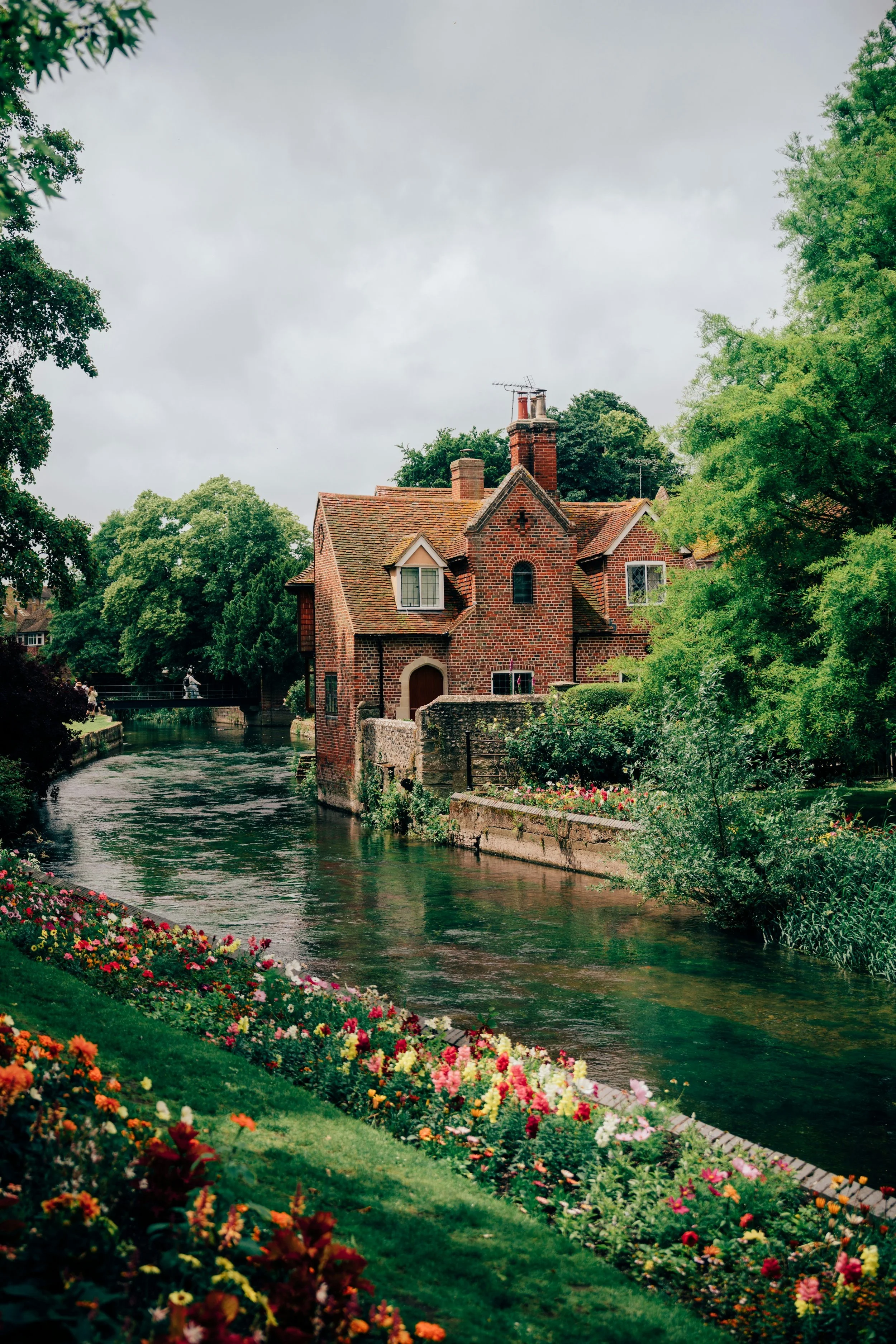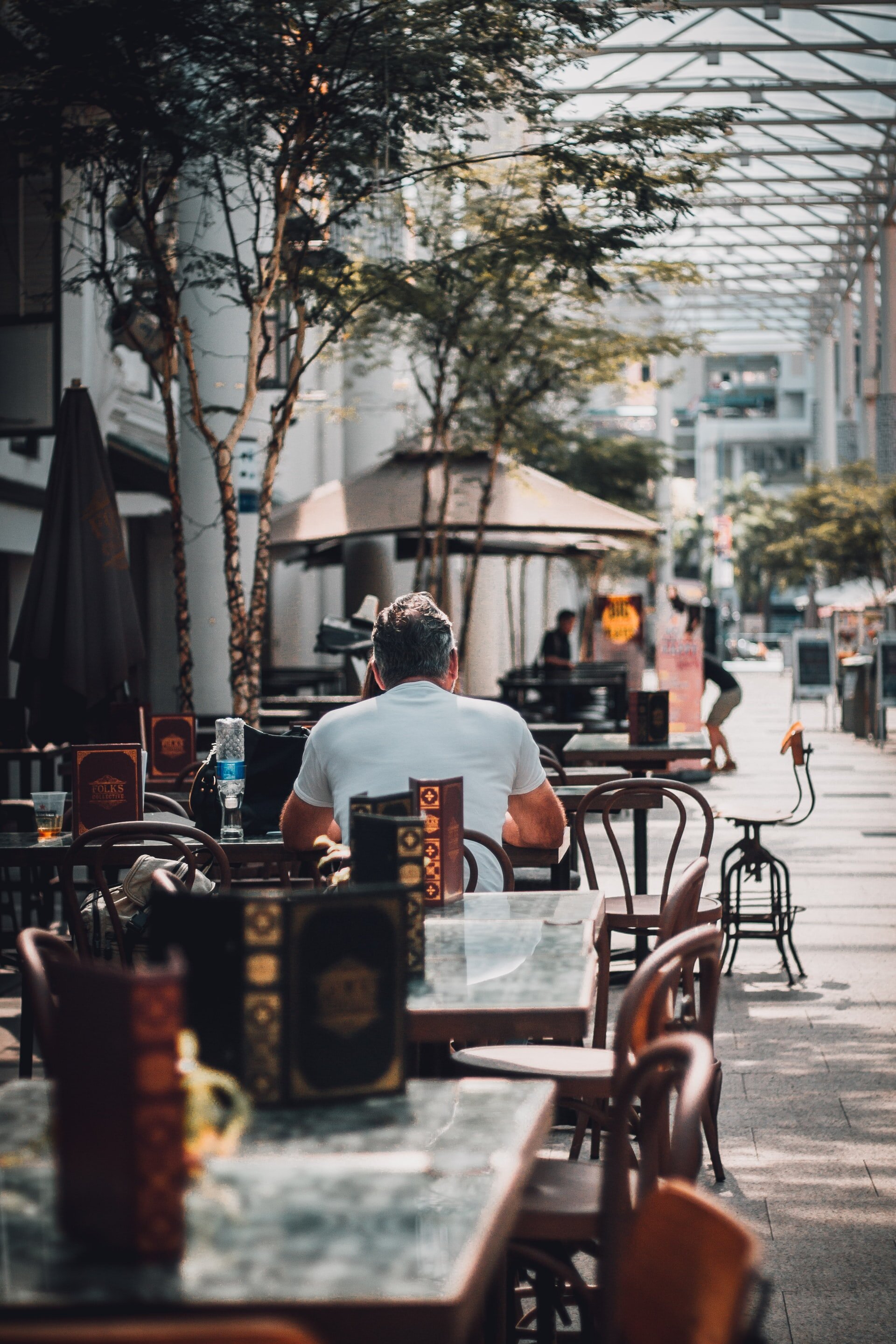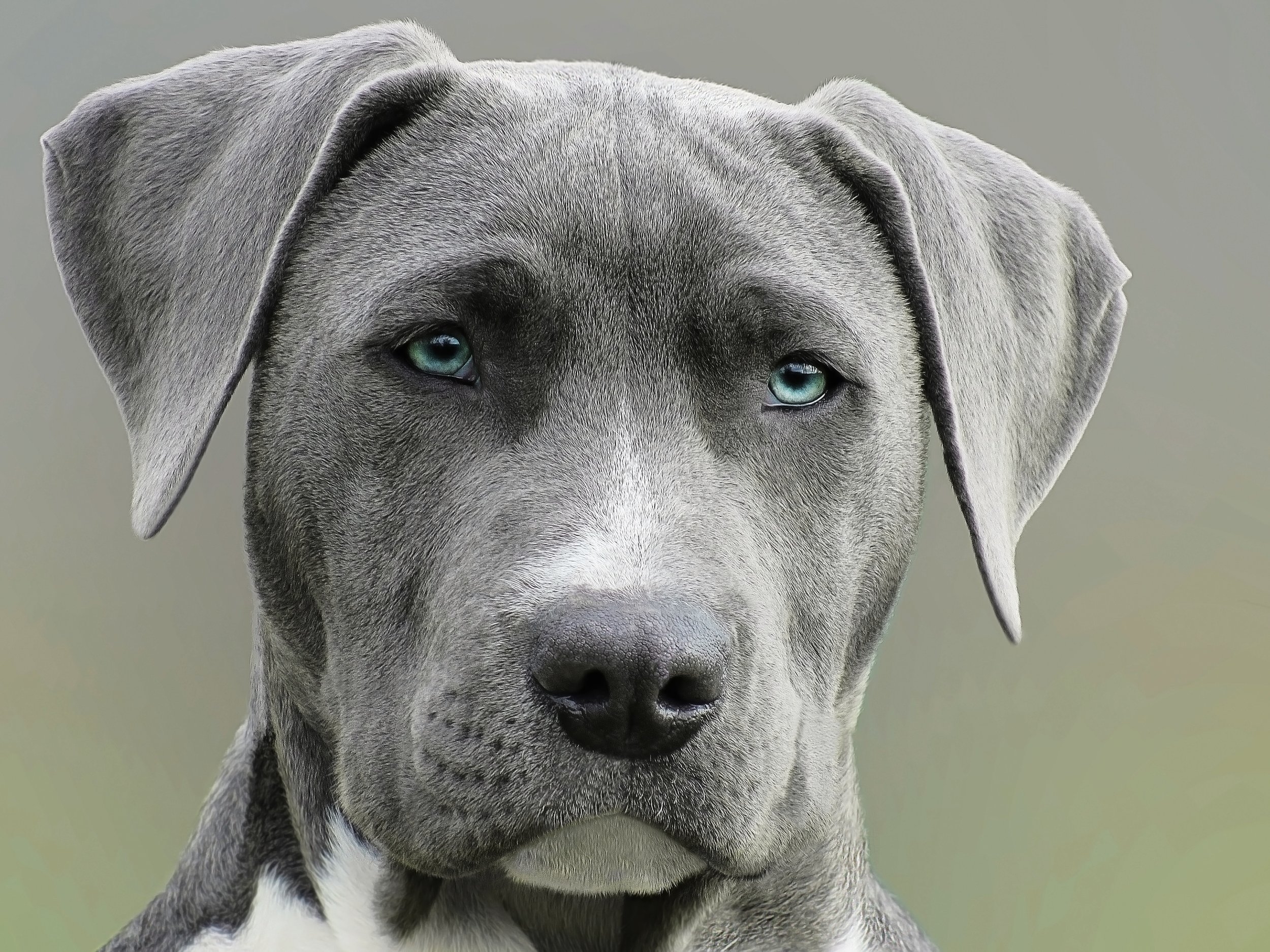Holidays are a favorite time for many people. Lovely beaches, the sun and the sea make for unforgettable vacations. On holidays I wake up earlier than usual, because I want to enjoy the magnificent sunrise and do my morning exercises. Also, I tend to eat food I don’t usually eat for breakfast like cake or smoked salmon. I really love holidays and I hope to go somewhere different as often as I can.
Jelly and refrigerator magnets from Canterbury By In (EFL student from Thailand)
Last year, I visited the cities of London, Oxford, Canterbury, and Cambridge, in England. I loved Canterbury the most, because it wasn’t too crowded. I found a souvenir store where I purchased refrigerator magnets – too many of them actually. And then, at Marks & Spencer, I bought too much jelly. Even I, who am a big fan of jelly was absolutely stunned by how much jelly I bought. However, I found that the best thing I could do about having bought more fridge magnets and jelly than I needed, was to share them with friends. I gave away a lot of those magnets and jelly. This was my first time in Europe. I hope to explore other parts of the world. Who knows what I’ll over-buy next time. Friends, be forewarned!
Enjoy walking and talking but don’t forget to make dinner plans! By Binhua (EFL student from China)
Last month, my uncle and aunt came to Singapore. My wife and I entertained them. We took them to Sentosa island for the whole day. To give them the best view of the scenery, we walked a long distance. We could’ve taken the shuttle bus, but we didn’t. The walk was quite exhausting. We decided to have dinner on the island, but ended up at the restaurant too late and couldn’t order the main dishes. We could only order fruit, salad and snacks, which were rather expensive. Actually, we had other options. We could’ve taken a taxi to other restaurants. But we didn’t do that. Perhaps we were too focused on enjoying the scenery on foot and had assumed that basic stuff like food would always be available. Holidays are the best times to relax and go with the flow. It’s a time when we allow ourselves the liberty of not planning too much, which may also mean, eating pricey snacks and fruit for dinner when better restaurants are just a plan away.
Try something new this holiday By Hailey (EFL student from South Korea)
Get confident
So what if you’re normally not adventurous? This holiday, do something you’ve never done before. Perhaps you’d like to learn how to play the piano, make your own ice-cream, or finish reading (and understanding) a 1000-page English novel – well, as Nike says, “JUST DO IT”. A good holiday’s the best chance for you to reinvent yourself.
Don’t pack the small things
Don’t you find that whenever you’re packing for a trip, your suitcase just isn’t big enough? Well, don’t pack the small things. Toothbrush, toothpaste and sunscreen are all available at your holiday destination. People usually say, “Don’t sweat the small stuff”, which means, don’t get overly worried, anxious, or upset about minor problems or unimportant details. That’s great advice for the holidays; put away that physical and psychological baggage and just live a little!
Try a new style
The more colorful you are, the more beautiful you become. Work from the outside in. Try on clothes of a different hue and just observe how your personality changes. If you’re often wearing black clothes, try pink. Many people might stare at you but who cares. Just enjoy the new situation.
Bring a disposable film camera
The thing about cell phone cameras is that you’ll always be tempted to alter what you capture in the moment. With a disposable camera you can’t do that. What you capture through a disposable camera is pretty much fixed – it’s not so easy to snap the same moment again and again in quick succession; you can’t check, delete, and snap again like you would with your cell phone camera. This also means you’d whip out your camera only when you want to capture special moments. Then, after you finish your holiday, when you look through those photos, you’ll find that they are truly special.
Things I do only on holiday By Miki (EFL student from China)
Go on an airport shopping spree
I’ve always felt that airport retail stores (duty-free shops) are cheaper than other stores, so I tend to buy lots of stuff before leaving a country. But I’ve learnt not to do that because of an experience I had when I was travelling from Singapore to Thailand. I was in the departure area and ended up buying a selection of branded makeup that I thought would last me two years. It seemed like a brilliant idea at the time because I assumed it would save me money in the long run. What I didn’t factor in was the delivery charge; I had to spend quite a bit on getting those products delivered to me. Even if the delivery charges were manageable, there was still the problem of expiry dates on cosmetic products. Makeup can go bad, you know. Unopened mascara and lipstick, for example, can break down within two years. I wanted to save money, but ended up wasting it.
I like to bring home the free toiletries
Of course, I don’t filch the bathrobes and towels. But I do help myself to the little things – shampoo, shower gel, shower cap, comb and hotel slippers, for example. One time, my mother wore hotel slippers at home. After having a shower, she put on those slippers and, because the floor was slippery, she fell and broke her leg. She had to go to the hospital. “Free” can sometimes be very expensive.
Sleeping in the afternoon
You know, when you book a hotel with a beautiful view and a variety of local food, you don’t have to go out sightseeing every day. That would be a waste of precious resources. Just nap during the afternoons, once or twice during your holiday. This will make you feel more relaxed and comfortable and you’ll save money, too.
“But you let me buy whatever I wanted…” By Kaisuk (EFL student from Thailand)
Have you ever bought unnecessary souvenirs when you were on holiday? My family and I have done just that. When we were holidaying in Japan, my dad suddenly asked me: “Do you want to buy something? If you want anything just tell me.” His question struck me as weird – Why would he want to buy me everything I wanted? I thought to myself. Anyway, I said “OK” and we ended up buying a lot of snacks and souvenirs. When we returned home we couldn’t finish the snacks. Then my dad remarked: “You bought so much and now you can’t finish it.” I replied, “But you let me buy whatever I wanted?” I ended up having to eat way too many sweets and snacks. I’ve since made up my mind never to buy more sweets, snacks and souvenirs than I need.
A couple of reasons why Singapore was ranked the 11th most beautiful city in the world...
In my last post I showed you the quiet charms of the beauty of New Zealand’s Hamilton City. Now take a look at Singapore, coming in assuredly at number 11 in the world for comeliness among cities, after (1) Paris, France (2) New York, United States (3) London, United Kingdom (4) Venice, Italy (5) Vancouver, Canada (6) Barcelona, Spain (7) Cape Town, South Africa (8) San Francisco, United States (9) Sydney, Australia (10) Rome, Italy in a list of 50 cities compiled by Canada-based online travel agency Flight Network.
Photo by Coleen Rivas on Unsplash
In her information about this photo, Coleen Rivas writes: “I was on a layover in Singapore and decided to visit the Super Tree Grove at Gardens by the Bay. I arrived in the late afternoon and the lighting was brilliant. This is taken from the walkway connecting the trees. Just an amazing site to visit, especially at sunset.”
Photo by Guo Xin Goh on Unsplash
Sweet, eh?
Photo by Philippe Dehaye on Unsplash
A Hindu temple in Chinatown.
Photo by Lily Banse on Unsplash
Chinatown.
Photo by Teodor Kuduschiev on Unsplash
The ancient and the modern.
Photo by hannah persson on Unsplash
A biking trail.
Photo by Jonathan Khoo on Unsplash
An MRT, or Mass Rapid Transit, train in Singapore.
Photo by Jia Wei Ng on Unsplash
Inside an MRT station.
Photo by Euan Cameron on Unsplash
Inside an MRT train.
Photo by Mike Enerio on Unsplash
The Marina Bay Sands hotel.
Photo by Lily Banse on Unsplash
A beer on a weekday evening…
Photo by Lily Banse on Unsplash
or a snack at lunch…
Hamilton City, New Zealand, in brief.
My decision to pursue a Master of Arts degree gave me the opportunity to spend the last almost 3 years in Hamilton, New Zealand. Born and raised in Singapore I tend towards thinking of Singapore as the most beautiful city in the world, and a fairer survey by Flight Network, which asked over a thousand travel writers, bloggers and agencies what they thought were the best beauty spots on the globe, confirmed my belief by ranking Singapore the 11th most gorgeous city out of the 50 cities that made the 2019 list. No city in New Zealand made the list, but having been born in an Eden like Singapore I do recognise charming sights when I see them, and Hamilton had some.
Photo: Richard Philip
A morning walk in the beginning of winter at the Memorial Park in Hamilton City, Waikato, New Zealand.
It was the warmest winter ever for New Zealand this year (2021) with the average temperature being 9.8C primarily due to the La Niña effect, which is the irregular recurrence of the upwelling of unusually cold water to the ocean surface along the western coast of South America, which in turn disrupts typical regional and global weather patterns in a manner opposite to that of the El Niño effect. Add climate change to the mix and you’ll understand why winter looks like the beginning of autumn in this picture.
Photo: Richard Philip
A Tudor garden. Nobles who wanted to be in Queen Elizabeth’s good graces built gardens like these in their estates for her to enjoy when she visited them during her annual progress (yearly tour through the kingdom).
Their vying for the Virgin Queen’s attention ensured that thrifty Elizabeth could live in luxury at the expense of her nobles, who were eager to please her with the best food, entertainment and accomodation.
The design for Tudor gardens - including the knotted hedges in the four sections - were based on Thomas Hill’s gardening manual titled Gardener’s Labyrinth. Thomas Hill was an astrologer and a book translator. Besides gardening books he produced works on a range of subjects including the interpretation of dreams, arithmetic, physiognomy and astrology. He wrote the Gardener’s Labyrinth under the pseudonym Didymus Mountain.
Photo: Richard Philip
An open space with a yellow door that opens automatically and very slowly. In New Zealand everything is relaxed; including automated doors.
Photo: Richard Philip
The Huddleston Airship. It flies and delivers mulch throughout the Hamilton Gardens, when you aren’t watching. The Huddleston Airship is a nod to steampunk subculture that has its source in Victorian-era science fiction (think HG Wells and Jules Verne) and real developments in technology that were taking place during the Industrial Revolution.
Airships like these, also known as dirigible balloons, did in fact take flight during the 19th century. Non-rigid airships are called blimps, rigid ones, zeppelins.
The first steam-powered airship - built and piloted by French engineer Jules Henri Giffard - lifted off on the 24th of September 1852, fifty-one years before the Wright Brothers' first flight. Traveling at about 10km per hour, Giffard traveled almost 27km from the Paris racecourse to the French city of Élancourt in north-central France.
Photo: Richard Philip
This is the entrance of a traditional Māori garden where kumara (sweet potato) is grown, but more than that, gardens like these have deep historical meaning for the Māori.
Photo: Richard Philip
It’s the small touches that make this city beautiful. Doesn’t that little red door put a smile on your face…
Photo by Valdemaras D. on Unsplash
Whatsoever things are true, whatsoever things are honest...
Whatsoever things are true, whatsoever things are honest, whatsoever things are just, whatsoever things are pure, whatsoever things are lovely, whatsoever things are of good report, if there be any virtue, and if there be any praise, think on these things.
Source: From the book of Philippians in the New Testament, and written by the Apostle Paul in his letters to people in Philippi, a city in eastern Macedon which flourished in the Hellenistic, Roman, and Byzantine Periods.
Photo by Josh Applegate on Unsplash
Jesus said: "Let the little children come to me, and do not hinder them, for the kingdom of heaven belongs to such as these."
At that time the disciples came to Jesus and asked, “Who, then, is the greatest in the kingdom of heaven?” He called a little child to him and placed the child among them. And he said: “Truly I tell you, unless you change and become like little children, you will never enter the kingdom of heaven. Therefore, whoever takes the lowly position of this child is the greatest in the kingdom of heaven. And whoever welcomes one such child in my name welcomes me. If anyone causes one of these little ones who believe in me to stumble, it would be better for them to have a large millstone hung around their neck and to be drowned in the depths of the sea.”
Photo by Lightscape on Unsplash
They will soar on wings like eagles
Do you not know? Have you not heard?
The Lord is the everlasting God, the Creator of the ends of the earth.
He will not grow tired or weary, and his understanding no one can fathom.
He gives strength to the weary and increases the power of the weak.
Even youths grow tired and weary, and young men stumble and fall;
but those who hope in the Lord will renew their strength.
They will soar on wings like eagles;
they will run and not grow weary, they will walk and not be faint.
Source: Chapter 40, verses 28-31, in the book of Isaiah in the Old Testament. The author is believed to be one of Isaiah’s disciples, writing from Babylon, the capital city of Southern Mesopotamia (Babylonia) from the early 2nd millennium to the early 1st millennium BCE.
Photo by: Tim Wright
Poem: Between skull and space
The landing smoke
A joker in waiting
Where kings and queens meet
and commence courting
The airy weight
A cobbler's mistake
Where feet meet the ground
and kisses break.
The angel in the dark
A shadow of thought
Where waiting is done
and quidnuncs are caught
The sense of the strange
arranges the mortal brain into regions of comprehension
between the skull and space.
Photo by: Paul Gilmore
Poem: Fountain flowers
I had a bagful of fountain flowers from when I fell into the sleep of sleeps. A bagpiper passed me by and asked me for a dirge, so I sang him one, bid him good day, and pulled out a flower on display, but he ran away before I could slip it into his repertoire.
A girl of twenty showed me her lips because I refused to kiss her on her hips, and when that, too, I denied, she pulled all the petals of all my flowers and threw the stems on my face.
I said, "Thank you for this scorn and destruction - now I'll have to return to the fountain and bring you new blooms for the plucking.
The bagpiper had grown old and weary upon my return with the second bagful of fountain flowers. He asked me for a song of birth. I sang him one, bid him goodnight, and pulled out a flower for his pleasure. He stumbled toward me to grasp it from my hand, but dropped to the ground like a dead bird from the timber.
The girl all grey and seething with feud required that I be subdued and demanded the bagful of flowers. I flung them into the air and went back to the fountain where Nemesis, at the behest of Echo’s accusal, never fails to hand me daffodils. She hopes that I'll stare into the pool and become a fool like Narcissus.
Pipers, maidens, witches and goddesses, they come to my table at night. But with each failed purpose they count their hours, for their deaths must follow dawn.
Photo by: Alexandru Rotariu
A poem: Dog
You saw it coming, made a painting, serotonin, before moody April. Inspiration sucked like a waterfall returning to its spring.
It saw me clinging, took a beating, left me feeling a wall behind skin.
The windy soul, highborn ghoul, has no hands to make me return. He howled at my back, I was nearly in the sack, a hooded soul drinking from a bowl of black nectar.
She painted the possibility of a lion in a dog, made a mark with her sword, and behold, the doggone days in the mane of the elemental beast.
Photo by: Harpal Singh
A poem: Drills
The drills, the drills, in feather-land, dug in their heels to build inroads in abyssal rock. Trains went through, and sewer pipes, and the people in castles and carriages of covinous motion in a snarl-up.
The decibels grated eardrums into powder, and the lightless moist dust inset like calcified arteries; a stark-staring miscue. Ossified feathers are not stone.
There's no light in dreams born underground, no sound when they crumble. The sun will shine for billions more, while you in the dark, stumble.
Photo by: Sirma Krusteva
A poem: Trim
I see your fingers and your inward form. The mysteries, with your leaves, are gone. And what's left is my drape of dewy days upon your desert form.
Why did I not hear the termagant saws shear your habitable fronds; your revenge covert, bites my hedging heart. I dismissed you when you were here to miss you less when you were gone.
Now I rove along your brown bark and bones to think up a leaf for every inch and get instead a grave of thorns.
Photo by: Juan Pablo Rodriguez
A poem: My brother
I know my place in this world by your being out of place in it. What I set right, you overturn again and again and consume me in your drawing of drawers and tossing of socks and pencils and books and the five-dollar Baroque vase that you added to the trolley at the thrift store.
No point saving an unreal holder. You smash an order to make another and remind the world it is a version.
What a mess you leave in your wake. I do not yet know that I'm happiest when I toss in your waves and forget the stiff earth beneath my feet.
I hover over you as you hover like a helicopter with paper blades, crunching and smacking and making sucking sounds in the predictable air.
I kiss your face when you're asleep at night and rest. I'm tired, frustrated. Why, dear brother, must things have their proper places? Mere things they are.
You are the front man of this two-man band and I, your brother, till the music ends.
Source: Folger Shakespeare Library
It is what it is
Writing is a voyage of the heart; a process by which the man of the world walks in the ways of the inner man. While it may be useful to analyze why a writer wrote a particular story, by reading his letters, listening to what he says about his friends and foes, or by finding out how he conducted himself in his personal life or how he got on with his mother or whether he believed in God, and so on, we mustn't forget that beneath the act of creation lies a mystery. Interpretations speak volumes of the interpreter but say very little about the author. If the author has tried his best to be truthful in his fiction, he will know that the way a story unfolds is hidden even from him. While his mind and body are engaged in setting down what he wants to say, something else that is not just him but some larger reality that contains him, decides what eventually ends up on the page. That something else is like the breath of life - the writer does not know where it comes from, but he knows he must breathe.
Starting from the start
Someone once told me this world is another world's hell, that the creator made this world and forgot about it. The countless crimes that are ravaging the human body and soul, even as these words find their mark, seem to drive in that rusty knife of an impression. It seems like the world suddenly turned upside down, that somehow, the rules of truth and goodness don't apply anymore. Maybe that's why we tell stories; to know ourselves, understand why we do the things we do, find some kind of light that will dispel the shadows, and, inform us once and for all, that they were only shadows. I knew my first book would start with a Creation Story, about thirty years before I wrote it. Whether it was seeing the tattered, illustrated book of Genesis sitting beside the equally and severely thumbed The Descent of Man, and Selection in Relation to Sex by Charles Darwin, that sowed the first seed, I cannot tell. What I can tell, though, is that I wrote it to see if by the end of the effort I might not be able to catch, from the centre of the black hole of a spinning dying star, the infinitely blue-shifted light of the universe. The Bending of Strong Forms is a glimpse of that blue-shifted light.
I know my BFG
I was twelve when the BFG visited me in the form of a British lady who read us stories in the air-conditioned school library with tender lights. A giant walked around at night blowing dreams into children's ears, she said, and just like that, sent a dream into my head. And the dream had ready company, for my head was filled with incomplete stories that my father used to start and then doze off at the crucial point, telling me, before shutting his eyes, "Son, you'll finish that story, won't you?" My father died when I was seventeen and I write stories and I know now, who my BFG is - he gives me dreams to make good, and he has my father's face.





































